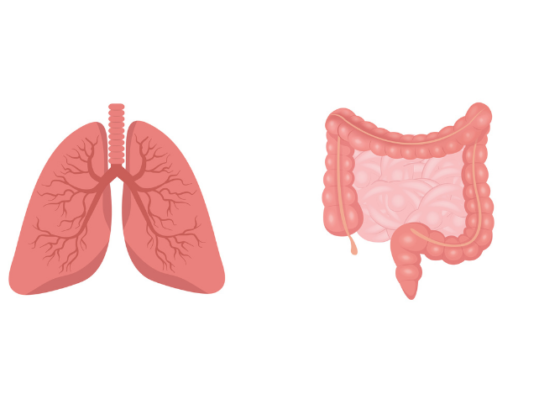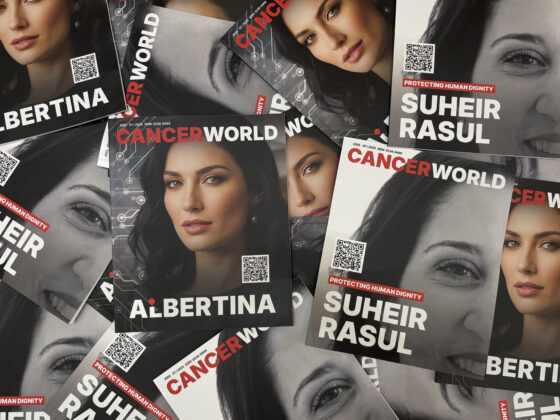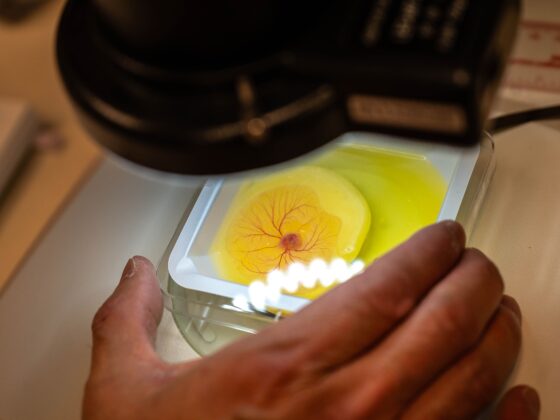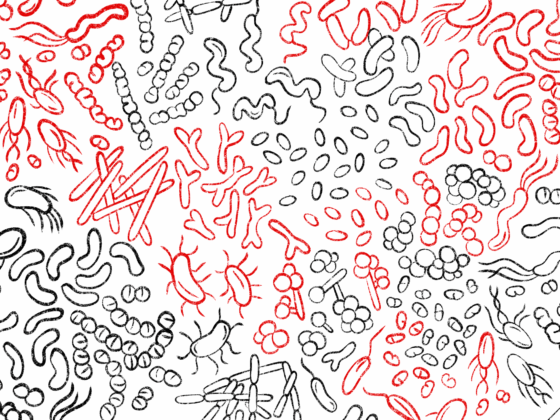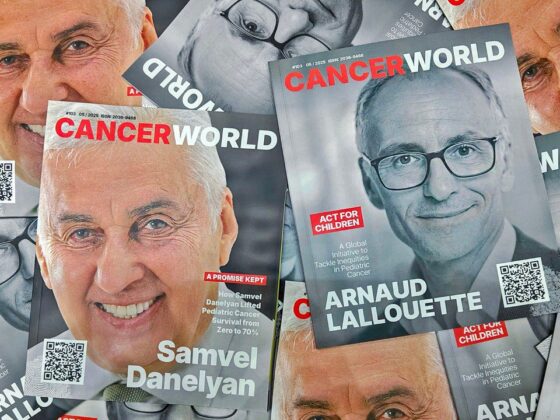Patients with non-immunogenic cancers, such as breast and gynaecological cancers, who are given the anti-nausea drug dexamethasone during surgery survive longer. The study, abstract 4224, presented at the Anesthesiology 2021 annual meeting, held October 8 to 12, San Diego, found that the risk of dying within 90 days after cancer surgery was 32% lower in patients who received dexamethasone compared to those not receiving the drug.
“Based on our data, physician anaesthesiologists should feel more confident in administering dexamethasone to patients undergoing surgery for cancers that have little interaction with the immune system,” said study senior author Maximilian Schaefer, from Beth Israel Deaconess Medical Center and Harvard Medical School, Boston. “It does not only prevent nausea, but may also improve survival.”
At the beginning of surgery dexamethasone is administered as a prophylactic medication (single bolus intravenously) to prevent postoperative nausea and/ or vomiting. Whether or not dexamethasone is used is at the discretion of anaesthesiologists.
Dexamethasone, a glucocorticoid available since 1958, is known to dampen the immune system. Studies have also suggested that dexamethasone can prevent cancer growth via direct effects on the tumour. However, previous clinical studies have produced conflicting results, with some reporting higher survival and others lower survival after dexamethasone use.
The explanation for these differing effects, Schaefer hypothesized, is that in cancers where the immune system suppresses growth, inhibiting the immune system with dexamethasone would have a negative effect on tumour control, cancelling out the positive effect. However, in non-immunogenic cancers, direct effect on the cancer would go unhindered.
For the current study, Schaefer and his team analysed the records of 74,058 patients who underwent surgery to remove non-immunogenic cancers at Beth Israel Deaconess Medical Center (between 2005 and 2020) and Massachusetts General Hospital Boston (between 2007 and 2015).
Overall, 25,178 (34%) received dexamethasone during surgery. After 90 days, 209 (0.83%) of patients who had received dexamethasone died compared with 1,543 (3.2%) who had not received the drug. When statistical modelling took into account confounders (such as patient demographics, comorbidities, intraoperative factors, preoperative steroid use and chemotherapy) preoperative dexamethasone administration was associated with decreased risk of 90-day mortality with an adjusted odds ratio (aOR) of 0.68 (95% CI 0.57-0.81; p<0.001).
Subgroup analyses showed that dexamethasone was particularly beneficial for patients with breast cancer (aOR=0.22; 95% CI 0.11-0.45; p<0.001), and gynaecological malignancies (ovary, uterus, cervix), (aOR=0.33; 95% CI 0.16-0.66; p=0.002).
“Ours is the first large study to show that for a wide variety of cancers where the immune system does not play a major role, the positive effects seem to predominate,” said Schaefer. The next step, he added, will be to verify the results for dexamethasone in larger national datasets and also explore the effects of different anti-inflammatory drugs administered during surgery for cancer.




